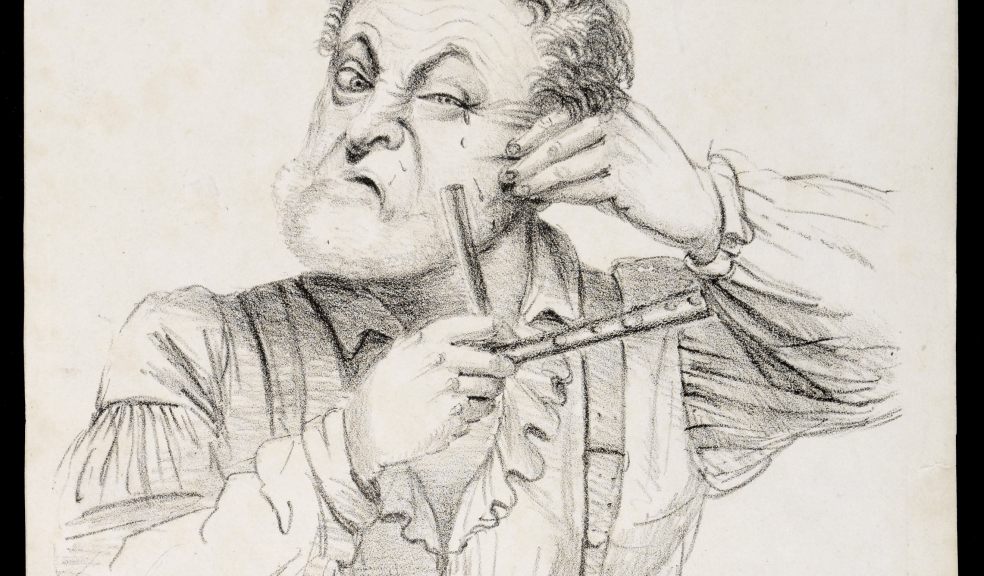
Do beards matter? The history of facial hair
Despite reaching ‘peak beard’ last year, their ubiquity shows no sign of abating; facial hair remains the defining look for a generation of modern men.
Now, coinciding with World Beard Day (September 5 2015), a University of Exeter expert will take a look back at beards throughout history, in a major three-year project funded by the Wellcome Trust.
Dr Alun Withey, an expert in medical history, is launching “Do Beards Matter?”, which will study facial hair and its relationship to health and hygiene in Britain between 1700 and 1918, a period of extremes in facial hair trends, from the beardless Georgian era to the beard and moustache ‘movement’, which began around 1850
Dr Withey said: “Beards are as relevant now as they have been at any time throughout history. By looking back, we can understand that the current beard trend is actually just the latest in a long series of facial hair fashions. We can see facial hair not as some quirky irrelevance in history, but as a unique way of understanding the body, health, medicine and masculinity in the past.”
The project will benefit from the input of an advisory board including the British shaving company King of Shaves and the Worshipful Company of Barbers. It will survey a wide variety of sources to explore factors including the relationship between facial hair and masculinity, the role of medicine and medical practitioners in beards and shaving, and the impact of shaving technologies upon decisions to shave.
Dr Withey will examine how beard grooming evolved, from being a medical procedure undertaken by a barber surgeon in the 17th Century, to becoming a daily part of men’s personal hygiene routines by the Victorian era.
In the process he will survey a huge body of material from images, portraits and satire to personal sources such as diaries and letters to portraits, razor and shaving advertising and even the many theoretical and philosophical texts written about facial hair over the past three centuries. Among the texts, Dr Withey will study are Thomas Gowing's The Philosophy of Beards (London: 1854), an article called 'Beards and Bacteria' in the British Medical Journal of 1896, and a piece called 'Why Shave?' in Charles Dickens' magazine 'Household Words' in the mid-19th Century.
Dr Nicholas Vogelpoel, from Humanities and Social Sciences at the Wellcome Trust, commented: “Here at the Wellcome Trust, we are interested in all the factors that enhance or impede the health of society. Personal grooming is a deeply relevant and crucial indicator of this. This project will allow us to examine the resurgence of beard culture though an historical lens, bringing new insight to the unwritten history that is the evolution of our relationship to facial hair and what it means to be healthy and human.”
The fascination between beards and hygiene is longstanding and still relevant. In May, a story generated by a small-scale study led by an American news channel went viral, after claiming that beards can be as dirty as toilets because they can harbour some of the bacteria found in faeces. “This has been widely refuted,” said Dr Withey, “But it is interesting that remarkably similar claims about dirty beards have been made by opponents of beards for centuries. These sorts of stories highlight our continuing fascination with facial hair, and the different ‘looks’ which can often come to define an age.”
Dr Withey will also be appearing at London’s Wellcome Collection on the 15th of October for ‘The Thing Is…’. Focussing on a single object from Henry Wellcome’s vast collection of artefacts, he will discuss his work of this project: beards and concepts of masculinity, trends and aesthetics of facial hair and the rise and fall of the barber.















